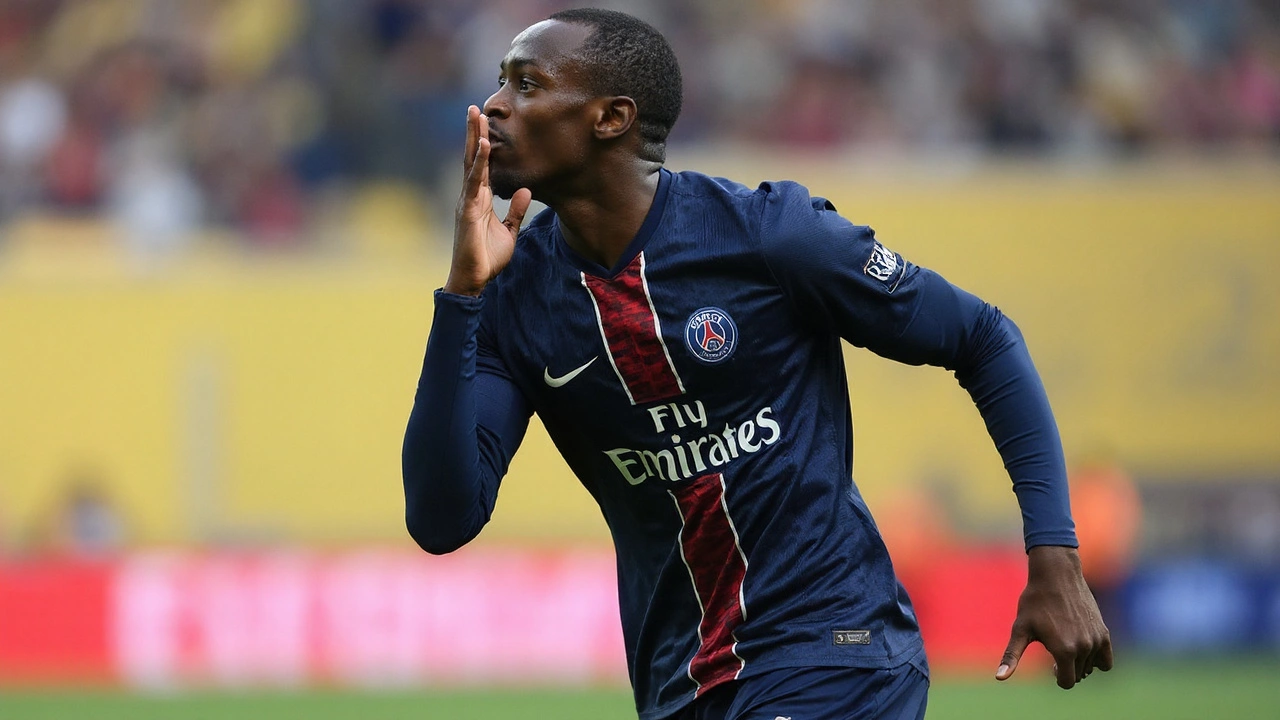Ballon d'Or – Football’s Ultimate Player Award
When talking about Ballon d'Or, the annual award that crowns the world’s best football player, voted by journalists, coaches and national team captains. Also known as World Player of the Year, it has shaped career narratives since 1956. The award is closely linked to FIFA and the global club scene, especially UEFA Champions League, where standout performances often tip the voting scale. Legendary winners like Lionel Messi and Cristiano Ronaldo have turned the honor into a brand that drives player market value and fan engagement.
How the Ballon d'Or Works
The Ballon d'Or is decided through a multi‑step voting system. First, a shortlist of about thirty players is compiled by France Football editors based on their performances in league play, continental tournaments, and international fixtures. Next, a panel of roughly 180 journalists from around the world each awards points to their top five picks (6, 4, 3, 2, 1). In addition, national team coaches and captains submit their own rankings, which are merged to form the final tally. This process means the award requires both statistical excellence and peer recognition. A player who scores 30 league goals but fails to impact the Champions League may lose out to a midfielder who dominates both domestic and European stages. Because the voting pool spans continents, the award also reflects global football trends, making it a barometer for style shifts, tactical innovations, and emerging markets.
Beyond the numbers, the Ballon d'Or influences contract negotiations, sponsorship deals, and even national team selection. Clubs often cite a player’s award history when justifying transfer fees, while agents use it as leverage during contract talks. The prestige also fuels fan debates; every December, social media erupts with arguments about who deserves the trophy, highlighting the award’s cultural weight. Recent years have seen new dynamics, such as the rise of data‑driven analysis and the inclusion of goalkeepers in the conversation—something that was rare in the early decades. As the sport evolves, so does the award, adapting its criteria to ensure it stays relevant in a fast‑changing landscape.
Looking ahead, the Ballon d'Or faces both opportunities and challenges. Some critics call for a clearer separation from FIFA’s own awards, while others push for a more transparent voting breakdown. Younger stars are already making a case for early wins, suggesting the era of long‑term dominance by a single player could be ending. Whether you’re a coach scouting talent, a fan tracking the next breakout, or a journalist covering the story, understanding the award’s mechanics gives you a sharper lens on football’s elite. Below you’ll find articles that break down historic winners, compare voting trends, and give you actionable insights on how the Ballon d'Or shapes the beautiful game.
